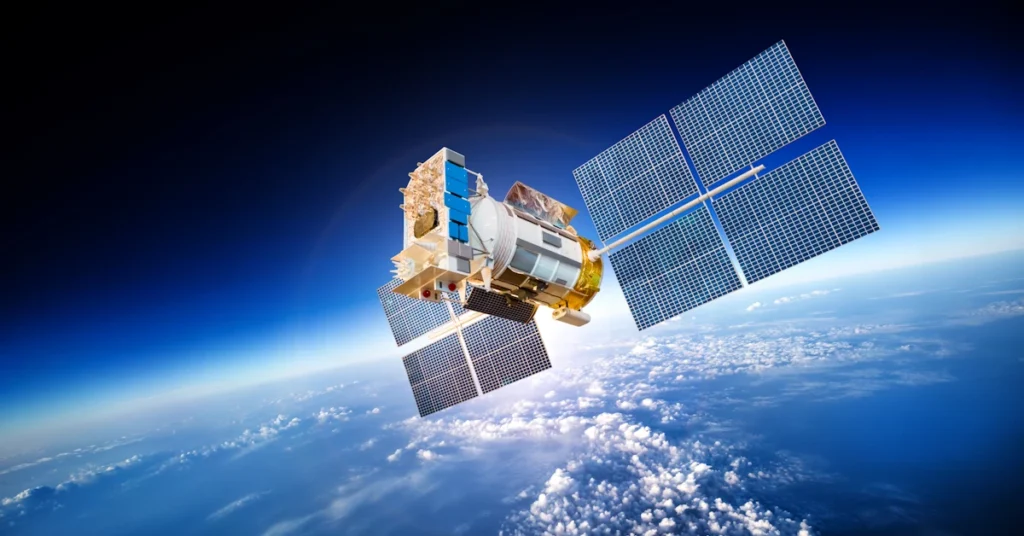The International Civil Aviation Organization (ICAO), International Telecommunication Union (ITU) and International Maritime Organization (IMO) recently expressed ‘grave concern,’ in a joint statement to UN Member States about the increasing number of cases of harmful interference in the form of jamming and spoofing affecting the Radio Navigation Satellite Service (RNSS). This is critical for the navigation of civil aircraft, maritime vessels, humanitarian assistance vehicles, and time synchronization of telecommunication networks. The agencies recognize that increasing incidents of interference with aviation, maritime, and telecommunications services mean states must urgently enhance their protection of the critical radio-frequency band.
The agencies disclosed on Tuesday that these cases of harmful interference are in the form of jamming and spoofing that disrupt Global Navigation Satellite Systems (GNSS) operating in the frequency bands allocated to the RNSS.
“Radio Navigation Satellite Service interference can impact aircraft operations far beyond the immediate affected area, creating potential safety risks across multiple flight regions,” remarked Juan Carlos Salazar, ICAO Secretary General. “ICAO is fully committed to working closely with Member States to implement these protective measures through existing aviation safety frameworks and standards.”
The joint statement identifies five key actions required from Member States. These include protecting the RNSS from transmissions that can adversely cause harmful interference, degrading, interrupting, or misleading signals used for civilian and humanitarian purposes. They also call for reinforcing the resilience of the systems that rely on RNSS for navigation, positioning and timing concerning this type of interference; retaining sufficient conventional navigation infrastructure for contingency support in case of RNSS outages and misleading signals; and developing mitigation techniques for loss of services.
The ICAO, ITU and IMO also call for increased collaboration between radio regulatory, civil aviation, maritime, defense, and enforcement authorities; and for reporting cases of harmful interference affecting RNSS to the appropriate telecommunication, aeronautical and maritime authorities, and to the ITU Radiocommunications Bureau, to enable the monitoring of the situation.
This initiative builds on ICAO Assembly Resolution A41-8/C, which urges States to ensure close collaboration between aviation authorities, military authorities, service providers, and spectrum enforcement authorities to protect communication and navigation systems.
The resolution specifically calls on states to refrain from any form of jamming or spoofing affecting civil aviation and to coordinate with air navigation service providers when military or security operations might affect civil aviation operations.
The statement also recognized that ships and ports have come to rely on GNSS for a wide array of applications relating to position, velocity, and precise universal and local time which are used for navigation purposes and, most importantly, on systems that are part of the Global Maritime Distress and Safety System (GMDSS).

